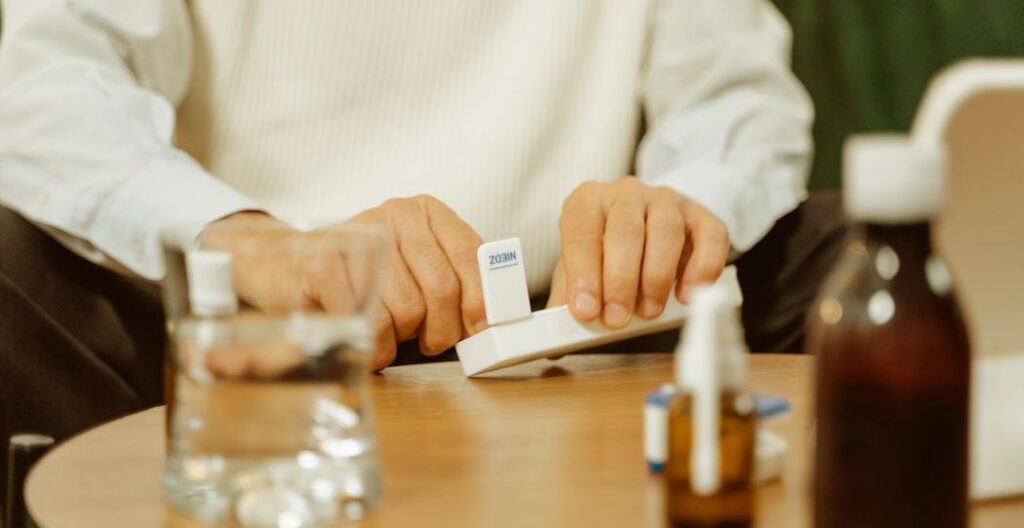Introduction
Embarking on the road to recovery is a commendable step, one that requires courage, commitment, and an understanding of the complex process that lies ahead. The journey often begins with a critical phase known as detoxification or “detox,” a medically supervised process designed to safely remove toxins from the body. This foundational step is crucial in setting the stage for effective addiction treatment and long-term recovery.
Understanding Detoxification
Detoxification is the first line of defense against addiction, providing individuals with a safe path away from substance dependence. It’s a medically supervised procedure that mitigates the acute and potentially dangerous physiological effects of stopping drug use.
The Importance of Professional Detox
Attempting to detox at home can be dangerous and less effective. Professional detox provides medical supervision and support, ensuring safety and reducing the risk of relapse. It often involves medications to ease withdrawal symptoms, making the process as comfortable as possible. This medically supervised approach lays a solid foundation for the next steps in the recovery journey.
The Role of Detox in Long-Term Recovery
Detox is not a cure for addiction but a crucial first step. It clears the mind and body, preparing individuals for the therapeutic work that lies ahead in treatment programs. Following detox, individuals are better equipped to engage in therapy, understand the root causes of their addiction, and develop coping strategies.
Detoxification Process
The detoxification process varies depending on the substance used and the individual’s unique physical and psychological needs. Generally, it involves three critical stages: evaluation, stabilization, and fostering readiness for further treatment.
Evaluation
Upon entering a detox program, medical professionals assess the patient’s medical history, substance use, and mental health. This evaluation ensures a personalized detox plan, addressing specific needs and potential complications.
Stabilization
Stabilization is the heart of detox, where the individual is guided through the process of substance withdrawal. This stage may involve medical intervention and counseling to address withdrawal symptoms and provide psychological support.
Fostering Readiness for Further Treatment
Detox is just the beginning. Preparing individuals for further treatment is crucial, ensuring they understand the importance of continuing care. This stage involves discussing treatment options and setting up aftercare plans.
Choosing the Right Detox Program
Selecting the right detox program is crucial. It should be accredited, offer a range of services tailored to individual needs, and provide a continuum of care. Research and referrals are essential in finding a reputable program. For those seeking a comprehensive approach to addiction treatment, considering a drug rehab that offers detox and subsequent therapeutic services can be beneficial.
The Journey Beyond Detox
After detox, the real work of recovery begins. It involves therapy, lifestyle changes, and ongoing support. Engaging in a comprehensive treatment program is crucial for addressing the underlying causes of addiction and learning new coping mechanisms.
Continuing Care
Recovery doesn’t end with detox or even after leaving a treatment program. It’s a lifelong journey requiring ongoing support, such as therapy, support groups, and possibly medication-assisted treatment. Continuing care is crucial for maintaining sobriety and preventing relapse.
Conclusion
Detoxification is an essential first step on the road to recovery. It’s a challenging but necessary process that paves the way for a sober, healthier life. While it’s just the beginning, its success sets the tone for the entire recovery journey. If you or a loved one is struggling with addiction, understand the importance of professional detox and the comprehensive care that follows. With the right support and a commitment to recovery, a life free from addiction is possible. For more detailed information on detox and addiction treatment, consider visiting authoritative resources like the National Institute on Drug Abuse or the Substance Abuse and Mental Health Services Administration. These resources provide valuable information and support for individuals navigating the complex road to recovery.




